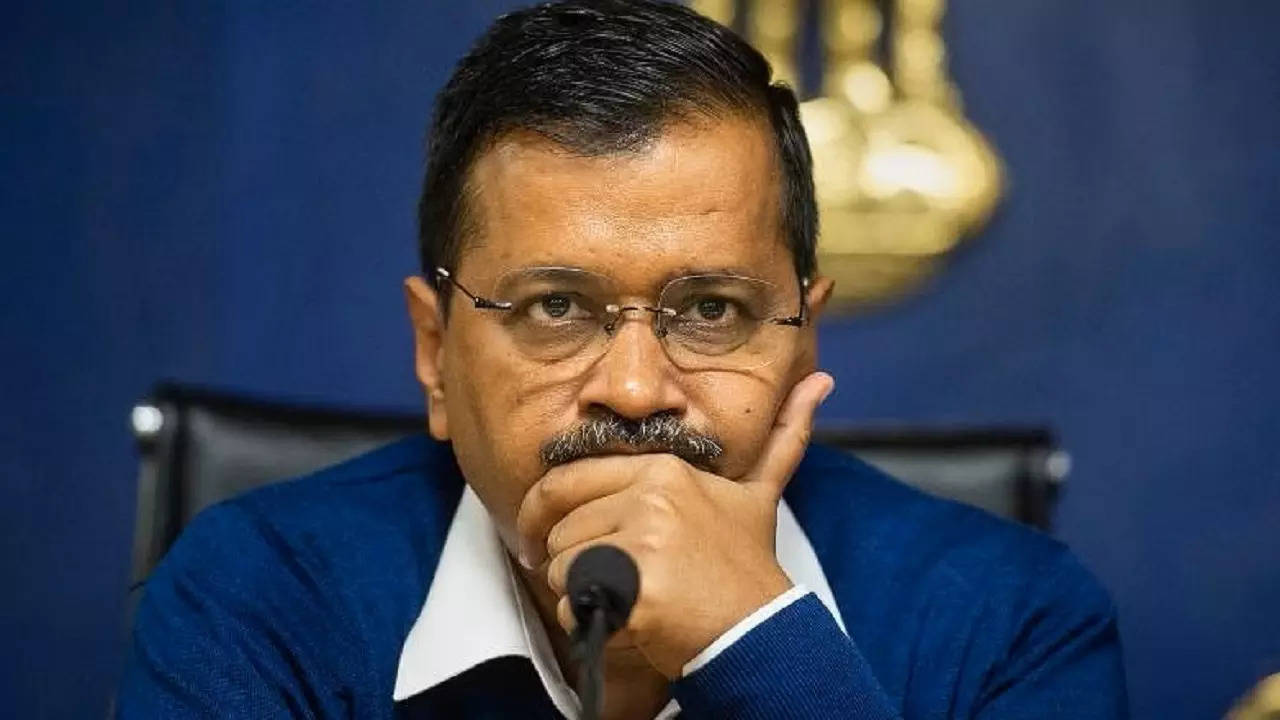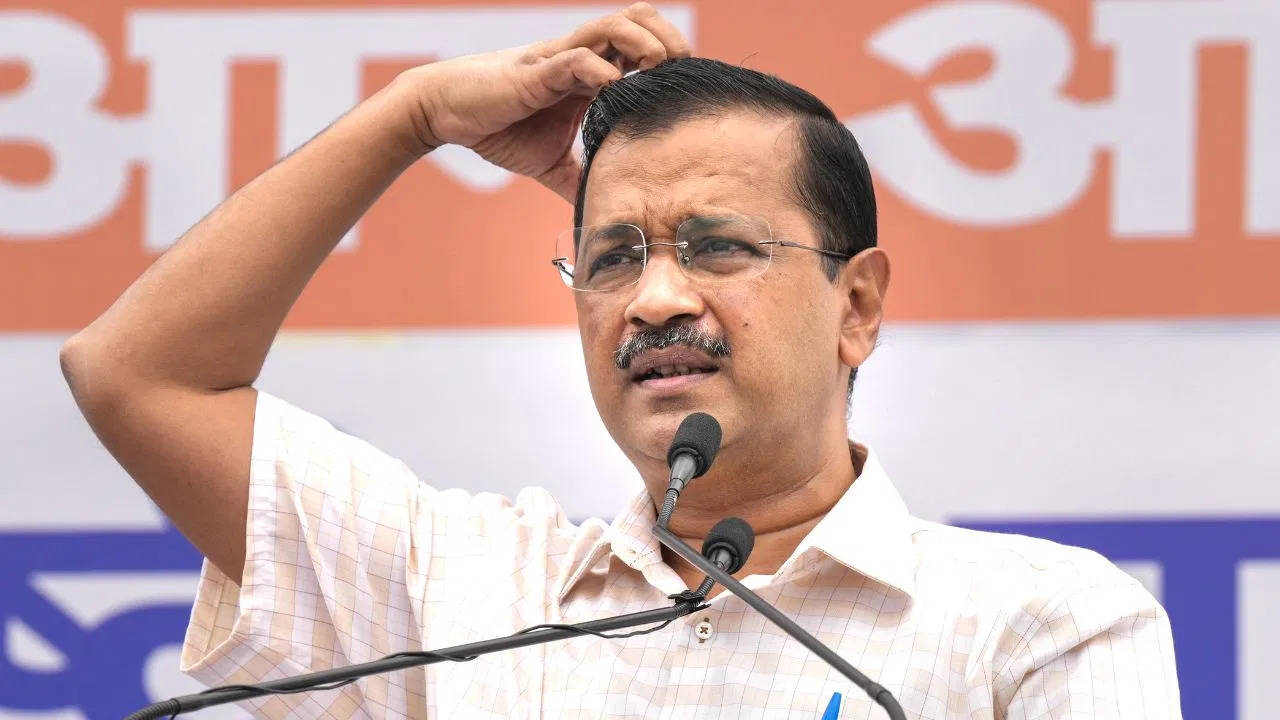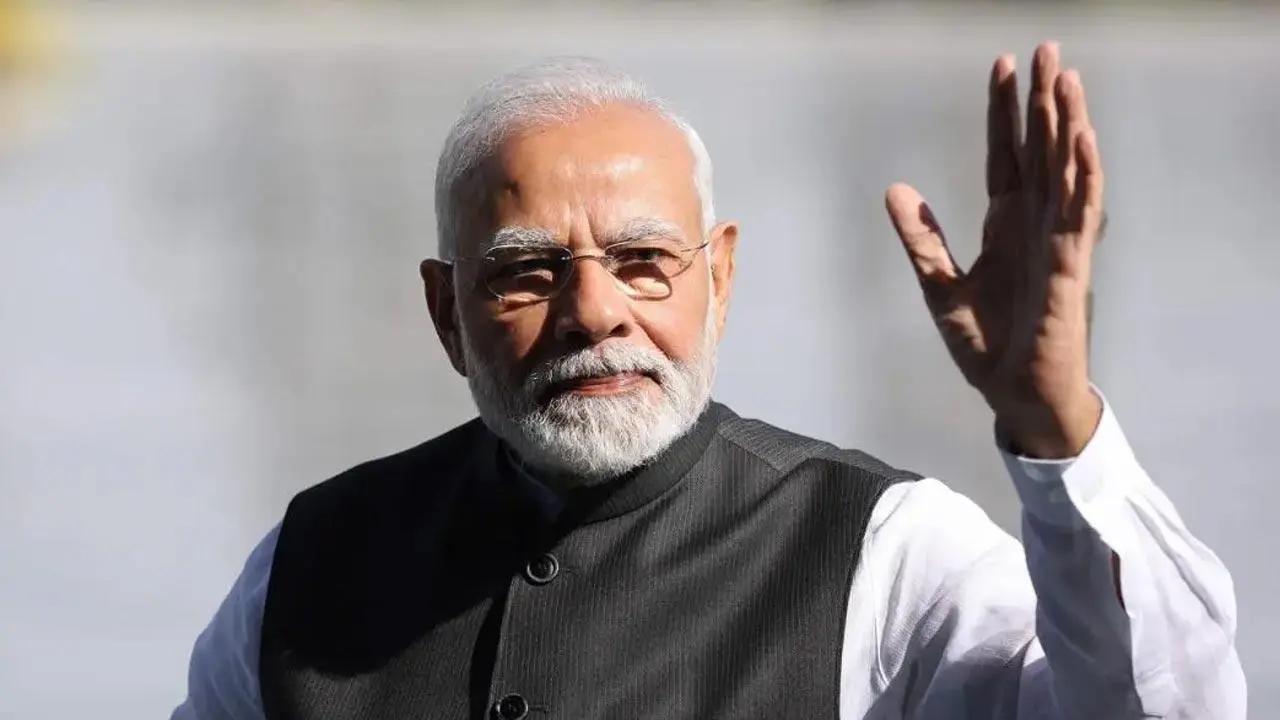Arvind Kejriwal faces summons again in the Delhi Excise Policy Case by the Rouse Avenue Court in Delhi

In a significant development, the Rouse Avenue Court in Delhi has summoned Chief Minister Arvind Kejriwal to appear in person on March 16, adding another layer of complexity to the Delhi excise policy case. This move comes in response to a fresh complaint filed by the Enforcement Directorate (ED), accusing Kejriwal of evading summonses in a money laundering case.
The ED, the federal probe agency, lodged a comprehensive complaint seeking the prosecution of Kejriwal for non-compliance with multiple summonses issued under the Prevention of Money Laundering Act (PMLA). The focal point of this latest complaint revolves around summonses numbered 4 to 8, alleging that the Aam Aadmi Party (AAP) national convenor failed to honor them.
Sources suggest that Kejriwal swiftly responded to the developments on X (formerly Twitter), where he launched a scathing attack on Prime Minister Narendra Modi. He claimed that opposition leaders, including himself, were being coerced into joining the BJP through what he described as harassment orchestrated by the ED. In a bold statement, Kejriwal asserted that the notices would cease if he were to align himself with the BJP, adding a political dimension to the legal proceedings.

This recent legal episode is not an isolated incident. The ED had previously approached a local court, seeking the prosecution of Kejriwal for his failure to attend the initial three summonses related to the money laundering case. These summonses are intricately linked to the now-defunct Delhi excise policy, adding a layer of complexity to the overall legal narrative.
Kejriwal, aged 55, remains steadfast in his position, denouncing all ED summonses as "illegal." He communicated to the agency that he would be available for questioning via videoconferencing after March 12. During a press conference held on March 4, the very day he was served the eighth summons, Kejriwal maintained his innocence. He emphatically stated that neither he nor his associates had engaged in any wrongdoing, asserting that they were not attempting to conceal any information.
The ED's fresh complaint brings into play various sections of the Indian Penal Code (IPC) and the Criminal Procedure Code (CrPC), citing non-compliance with Section 50 of the PMLA. Kejriwal's name has recurrently surfaced in the charge sheets filed by the ED in connection with the excise policy case. The agency contends that he was in communication with the accused regarding the formulation of the 2021-22 excise policy, intensifying the legal scrutiny on the Chief Minister.
The legal saga doesn't end there. The ED has, in previous actions, arrested prominent AAP figures, including Manish Sisodia and Sanjay Singh, along with the party's communications in-charge Vijay Nair and some liquor businessmen. The ED's charge sheet alleges that the AAP utilized "proceeds of crime" amounting to approximately ₹45 crore in its campaign for the Goa assembly polls, further complicating the narrative.
As the legal tussle unfolds, it raises broader questions about the intersection of politics and law, the efficacy of investigative agencies, and the evolving landscape of money laundering cases in India. The intricacies of the Delhi excise policy case continue to unravel, providing a glimpse into the complex and interconnected world of legal and political maneuvering.


